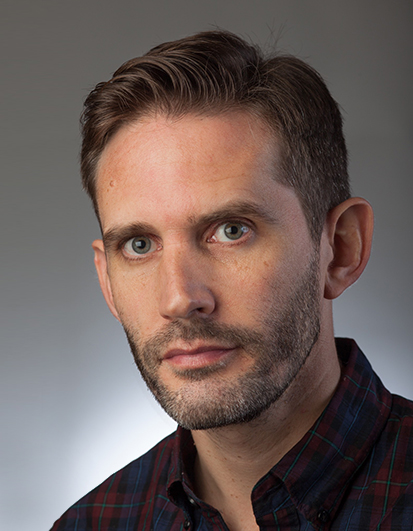
#IDIBELLseminars: Discovering new causes of cancer through multidisciplinary, molecular and population-based approaches
Marc Gunter
Imperial College London
18/05/2023
13:00-14:00
Sala Pau Viladiu
Resum
Epidemiological studies to identify causes of cancer have tended to focus on individual-level exposures that can be measured by a questionnaire or anthropometric measurements. While this approach has successfully identified some risk factors for certain cancers, it is limited in its ability to identify environmental and endogenous exposures, as well as potential exposures that may predate disease by many years or even decades. Recent developments in the fields of exposomics, proteomics, and genomic epidemiology are, however, enabling the study of a broader range of exposures than previously possible. These novel approaches, as well as shedding light into the diverse biological mechanisms contributing to cancer initiation and progression, can also identify potential biomarkers for cancer risk and early cancer detection. In this presentation I will discuss what is currently understood regarding environmental and endogenous causes of specific cancers that exhibit wide variation in incidence rates across Europe and will describe newly-funded projects through the EU Cancer Mission and Cancer Grand Challenges focused on discovering new causes of cancer.
Hosted by Victor Moreno – Colorectal Cancer group
Biografia
Dr Gunter is Professor and Chair in Cancer Epidemiology and Prevention in the Department of Epidemiology and Biostatistics at the School of Public Health, Imperial College London and co-directs the Cancer Epidemiology and Prevention Research Unit based at Imperial College and the Institute of Cancer Research. He previously headed the Nutrition and Metabolism Branch at the International Agency for Research on Cancer (IARC). He is a molecular epidemiologist and his main research focus is the role of nutrition, diabetes, and obesity in cancer development and prognosis, with an emphasis on studying the mechanisms linking metabolic dysfunction and endocrine pathways with cancer. Marc serves as joint coordinator of the European Prospective Investigation into Cancer (EPIC) and currently coordinates a number of large-scale multi-disciplinary projects focused on cancer etiology and prevention that employ molecular approaches within prospective cohorts and intervention studies.
